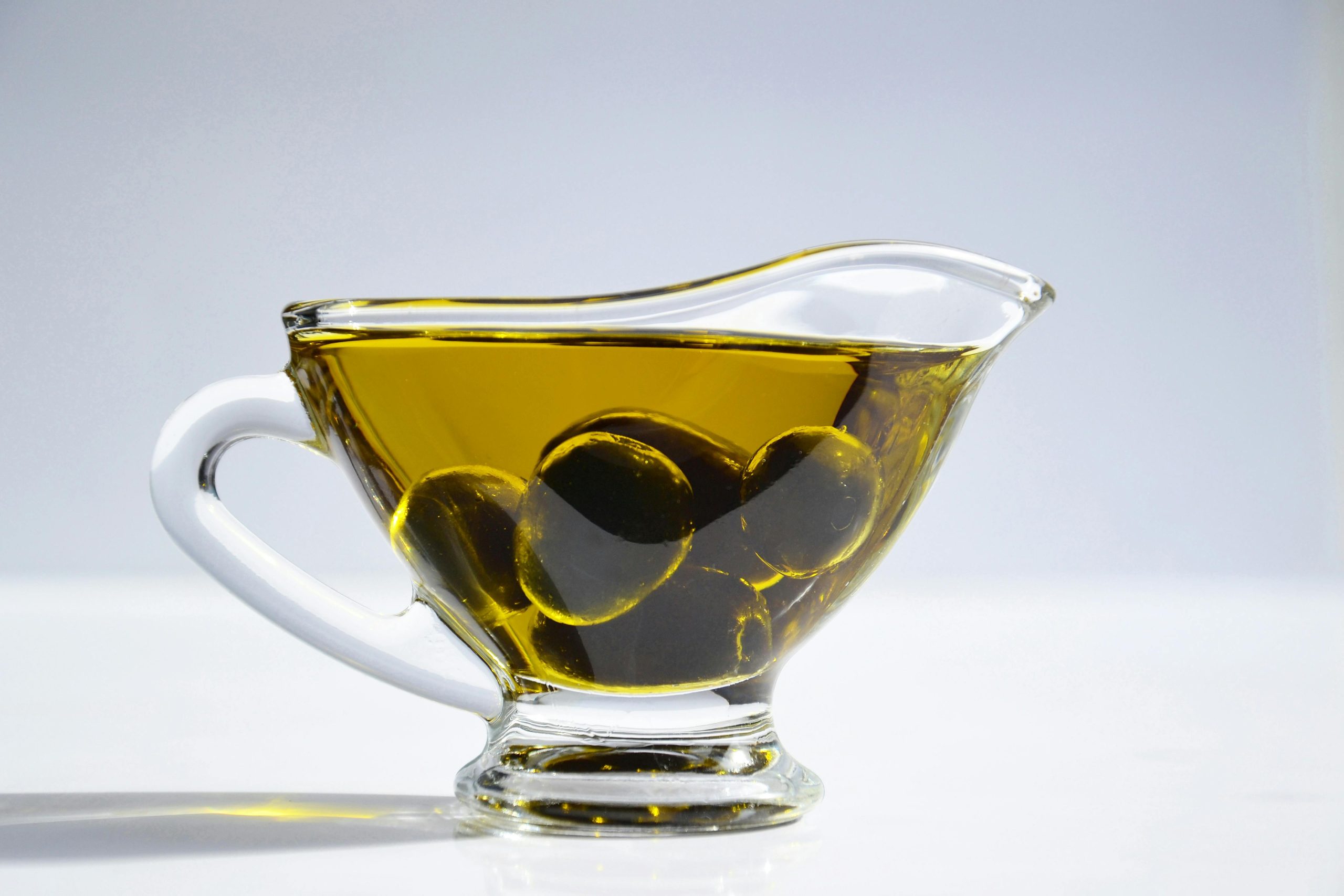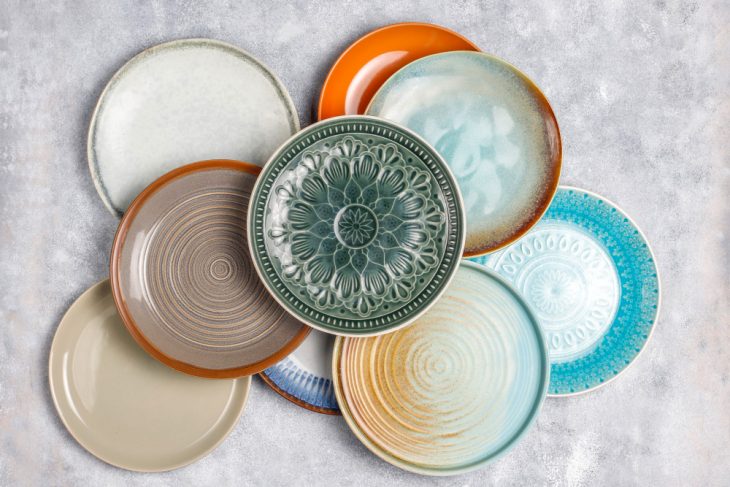
Introduction
Choosing the right essential oil manufacturer is crucial for anyone looking to invest in authentic, high-quality oils, whether for personal use, retail, or therapeutic applications. The essential oil industry is flourishing, but not all manufacturers uphold the same standards of purity and quality. With so many essential oil manufacturers available, it can be overwhelming to find a trusted supplier. Here’s a comprehensive guide to help you make an informed choice and ensure you’re sourcing only the best oils available.
Prioritize Purity and Quality
The purity of essential oils is non-negotiable, especially if they’re being used in skincare, aromatherapy, or health applications. Pure essential oils are typically derived through steam distillation, cold pressing, or other natural extraction methods without chemical additives. Here’s how you can assess purity:
GC/MS Testing:
Gas Chromatography and Mass Spectrometry (GC/MS) testing are reliable ways to evaluate essential oil purity. Trusted essential oil manufacturers usually provide GC/MS reports, which break down the chemical composition and verify authenticity.
Check for Synthetic Additives:
Synthetic additives dilute the natural essence of oils, which reduces their effectiveness. Look for manufacturers who clearly state that their oils are 100% pure and free from additives.
Transparency in Sourcing:
Reputable manufacturers will be transparent about where their plants are sourced. For example, if they’re producing lavender oil, they’ll often specify the region and method of extraction, as these factors can affect the oil’s quality.
Research the Manufacturer’s Reputation
An essential oil manufacturer’s reputation is often a strong indicator of their commitment to quality. Look for companies that have been in the industry for a considerable amount of time and have consistently positive reviews from customers and industry professionals. Here are some tips to verify reputation:
Customer Reviews and Testimonials:
Check online reviews on platforms like Amazon, company websites, or third-party review sites. Positive reviews are a good indicator, but pay attention to any complaints related to product quality or customer service.
Certifications and Partnerships:
Some manufacturers may have certifications such as USDA Organic, ISO, or partnerships with reputable organizations. These certifications show that they adhere to international standards in quality control and production.
Industry Recognition:
Look for brands that are recognized by industry experts or are members of essential oil trade organizations. This can indicate a high level of trust within the community.
Ensure Ethical and Sustainable Sourcing
Sustainable sourcing practices benefit the environment and ensure the long-term availability of raw materials for essential oil production. Ethical manufacturers prioritize eco-friendly practices, fair trade, and support for local farmers. Here’s what to look for:
Sustainable Harvesting:
Ethical essential oil manufacturers use sustainable harvesting methods, meaning they do not over-harvest plants or damage the ecosystem. Check if they work directly with farmers who follow these practices.
Fair Trade and Farmer Support:
Companies that pay fair wages and support local communities show a commitment to social responsibility. Some manufacturers may highlight their relationships with farmers, which ensures a higher level of control over the quality of the raw materials.
Examine Their Product Range
A manufacturer with a wide variety of essential and carrier oils likely has well-established sourcing and production practices. When evaluating a supplier, consider whether they offer a diverse range of oils, from basic staples like lavender and peppermint to more specialized oils like rose or frankincense. Additionally, look for carrier oil suppliers in India if you plan on diluting your essential oils for application or creating custom blends. Carrier oils like jojoba, almond, or coconut oil are essential for diluting essential oils without compromising their benefits.
Consistency Across Products:
Companies that maintain high standards across their entire range are more likely to be trustworthy. Research the origin and extraction process for each type of oil to ensure you’re getting a consistently pure product.
Variety of Carrier Oils:
Many essential oils require dilution, so it’s convenient to work with a supplier that also offers quality carrier oils. Carrier oils play a crucial role in preserving the efficacy of essential oils during application.
Check for Certifications and Quality Standards
Certifications can assure buyers of a manufacturer’s commitment to quality. Reputable essential oil manufacturers often display relevant certifications on their website. Common certifications include:
USDA Organic:
This certification indicates that the oils are made from organically grown plants and are free from pesticides or harmful chemicals.
ISO and GMP Certifications:
ISO (International Organization for Standardization) and GMP (Good Manufacturing Practice) certifications demonstrate that a company adheres to rigorous production and quality control standards.
Therapeutic Grade and Food Grade:
Some oils are labeled as “therapeutic grade,” indicating that they are safe for aromatherapy or skincare, while “food grade” oils can be used in culinary applications (if specifically labeled as safe for ingestion).
Customer Service and Support
A reliable essential oil manufacturer provides excellent customer service, helping you navigate their product offerings and make informed choices. If a company is genuinely committed to quality, they’ll be willing to answer questions about sourcing, quality control, or specific uses for their oils. This can include:
Accessibility:
A good manufacturer will have accessible customer service through phone, email, or live chat.
Return and Refund Policies:
If you’re unsatisfied with a product, a fair return and refund policy demonstrates the company’s confidence in its offerings.
Educational Resources:
Companies committed to transparency often provide additional resources, like blogs, webinars, or guides, to help you learn about the benefits and uses of essential oils.
Pricing: Balancing Quality with Affordability
Quality essential oils aren’t cheap, so if you come across a deal that seems too good to be true, it probably is. However, pricing should still be reasonable and competitive. Here are some tips on understanding pricing:
Beware of Extremely Low Prices:
Pure essential oils require a lot of raw plant material, which makes them more expensive. Extremely low prices may indicate diluted or synthetic oils.
Bulk Buying Options:
Some manufacturers offer discounts for bulk purchases, which can be beneficial for retailers or frequent users.
Compare with Competitors:
Research the pricing of similar oils from reputable manufacturers. This comparison can give you a general idea of reasonable price ranges.
Conclusion
Selecting the right essential oil manufacturer requires careful research and consideration of various factors, from product quality and certifications to ethical sourcing and customer support. By choosing a reliable manufacturer, you can ensure that you’re getting essential oils that are pure, potent, and safe for use. Take your time to research essential oil manufacturers and carrier oil suppliers in India, as a reputable supplier is a valuable partner in your wellness journey. Remember, quality essential oils are an investment in your health and well-being—choosing wisely is worth every effort.













